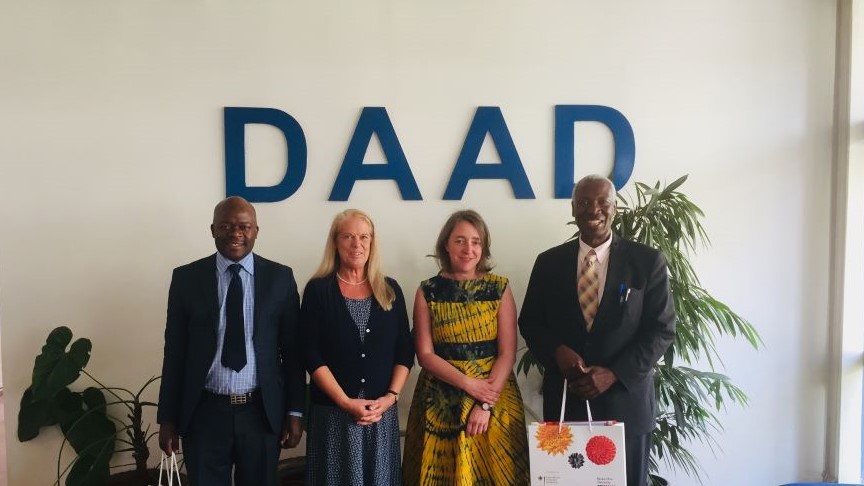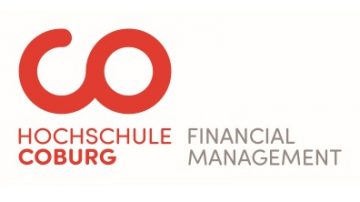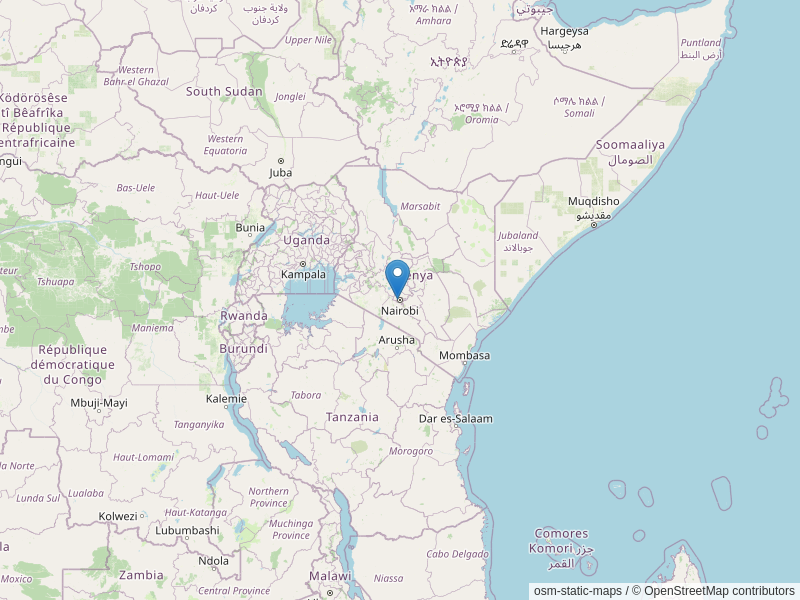Questions for Prof. Andala, Chief Executive Officer - NRF-Kenya

Please introduce yourself! What is your academic background?
The CEO of the National Research Fund (NRF), Professor Dickson Andala is an Associate Professor of Materials Chemistry, at Multimedia University of Kenya. The Doctoral degree was earned at the State University of New York at Binghamton, followed by a postdoctoral fellowship at Pennsylvania State University in 2010 and 2011, respectively. Passionate and actively involved in shaping STI Policy, Strategy and its implementation in Kenya and Africa. Affiliate of the African Academy of Sciences (AAS); member of the Kenya National Academy of Sciences; board member of the Kenya Nuclear Regulatory Authority; board member and regional director of the African Materials Research Society; and president of the Africa Crystallography Association are among the notable honors received.
Please give a brief introduction to the NRF.
Section 32 of Part VII of the Science, Technology, and Innovation Act No. 28 of 2013 created the National Research Fund (NRF) as a State Corporation. NRF’s mission is to support (finance) research that will improve STEM fields. The functions of the Fund as stipulated under section 36 of the Act include mobilization of resources and funds; capacity building of both infrastructure and human resources; development of research capacities in STI priority areas; Grants allocation and Monitoring and evaluation; Support for international scientific activities through maintaining membership to appropriate international science organizations; Support research knowledge dissemination conferences; Compilation and maintenance of a national database on research and innovation; Evaluate the impact of the research activities financed out of the Fund, and many more. The National Research Fund is thus mandated to mobilise resources, promote and build research capacity in the country.
Congratulations on your appointment as the National Research Fund – Kenya Executive Director. How did you attain this position? Please tell us more about your duties and responsibilities as Executive Director.
NRF strives to hire and keep the kind of skilled workers that are essential to providing excellent service to members. NRF is governed by a Board of Trustees (Board), comprised of nine members, all of whom were selected by the Cabinet Secretary, Ministry of Education, to oversee the organization’s activities and the provision of its services. The Board of Trustees is led by the Chairperson, Prof. Emeritus. Ratemo Michieka, EBS, FKNAS, MKIM. The Board competitively advertises all positions within the Fund when they fall vacant. The Board of Trustees appoints the management (Secretariat) to oversee the operations of the NRF through a competitive process that includes advertising open positions, conducting shortlists, conducting interviews, and concluding with a letter of appointment for the assumption of the CEO office by the Cabinet Secretary, Ministry of Education.
The CEO is in charge of guiding and managing the Fund to make sure that NRF’s strategic goals are met. This includes carrying out and communicating the Trustees’ strategies, decisions, and policies; creating and recommending annual business plans for NRF to the Trustees; keeping the Trustees informed regularly, thoroughly, and quickly on key technical, financial, and administrative matters; and making sure that NRF has an effective management structure, which includes making sure that NRF has an effective management structure. The CEO also engages with strategic partners for purposes of resource mobilization and performs any other duty necessary for the furtherance of the objective of the functions as stipulated in the ST&I Act.
DAAD and NRF have co-funded funding and worked together for years. Please tell us more about the collaboration between NRF and DAAD.
Kenya’s Ministry of Higher Education, Science, and Technology and the German Academic Exchange Service (DAAD) have been working together since 2010, and that arrangement was extended for another five years in 2017 by the country’s Ministry of Education. The initiative is managed by the National Research Fund of Kenya. In the beginning, up to twenty scholarships each year were given out. The admission limit was raised to 30 students each year once the contract was extended.
Scholarship recipients receive a monthly stipend to cover living expenses, a German language course for up to six months, travel and research allowances, and, if eligible, family allowances. The Kenyan partner pays 80% of the stipend, including family allowances and administrative fees ; the DAAD covers the remaining 20%, including the language course, insurance, rent subsidies, and printing costs for the thesis.
With which other countries does the NRF maintain programs or collaboration?
The NRF has participated in and still maintains a series of programs through collaboration. These programs fall under the bilateral arrangements between Kenya and partners in development. These programs include the Newton Fund Program; the PAMOJA PHC (Hubert Curien Partnership) Research Programme on Mobility Grants; NRF-KE and NRF-SA, and European Commission Programmes like the LEAP-AGRI Programme and the Food Systems and Climate (FOSC) programme.
There is another research agency NACOSTI in Kenya; what is the relationship or division of labor between NRF and NACOSTI?
The Science, Technology, and Innovation Act No. 28 of 2013 created three intertwined entities with the goals of regulating, promoting, and coordinating the Research, Science, Technology, and Innovation (Research System). The Kenya National Innovation Agency (KENIA), the National Commission for Science, Technology, and Innovation (NACOSTI), and the National Research Fund (NRF). The role of KENIA is to facilitate the transition from research to commercialization through innovation and entrepreneurship. The role of NACOSTI is to make it easier to promote, coordinate, and control science, technology, and innovation in the country; to assign priority to the development of research, science, technology, and innovation; to make sure science, technology, and innovation are part of the national production system, and for other related reasons. The role of the NRF is to facilitate research for the advancement of science, technology, and innovation.
The country’s research priorities are established by NACOSTI in consultation with industry leaders. However, NRF provides funding for sustainable development research that meets national research goals. The three key institutions in the sector play a complementary role in the advancement of Research, Science, Technology, and Innovation.
What are the biggest challenges currently facing the NRF? How do you plan to shape the future of the NRF?
NRF’s biggest problem is that its GDP isn’t growing fast enough to pay for research and development. This can be fixed by strengthening NRF’s internal resource mobilization structures (human resources and framework), bi- and multilateral funding frameworks (projects and institutional funding), crowd-funding, and philanthropy. There is an internal drive to expand partnerships between the NRF, the private sector, and the national government and its agencies (SAGAS).


